So to continue about continuing education….
I took the Amaya Gurpide online seminar earlier this month which consisted of a live feed via Zoom that featured a prerecorded demo of a piece that was fully executed during the next few sessions. Amaya was live and answering specific questions from everyone online during the playing of the demo.
What I found most interesting about the demo this time wasn’t really her process…
Our processes aren’t very dissimilar. We both like to experiment quite a bit. So much so that it’s often difficult to reconstruct how certain things were accomplished in any given piece, the process changes for each one. Sometimes a little, sometimes a great deal. So, though Amaya and I work in a similar fashion, the results, of course, are very different. I tend to go towards a sort of figurative abstraction that leans heavily into imaginative realities and she tends to lean into more realistic figurative work.
That being said what I found greatly interesting was the thought process behind her development of the piece. Amaya went into great detail about what and why she collected the reference/inspiration that she did. It was all of a very personal nature and expressing her own narrative. Very different from how you might approach concept art or even narrative illustration, even if, at some point, those things might cross each other’s circle on the Venn diagram.
That’s actually the thing I’ve found most interesting about all of the various classes, retreats and seminars I’ve been to over the years… How people think.
How we are in some ways so similar in our pursuits and in other ways completely alien.
For example (and please don’t think I’m offering these comparisons in a competitive way)
Amaya G does a great deal of experimentation during the execution of her work but always with an eye towards a specific feeling/emotional narrative that she already has a firm (but not inflexible) grasp of.
When I experiment in my work I often feel like the piece is leading me to its own conclusion. It’s funny because I think this happens to most of us but in varying degrees.
For me, I’m comfortable starting without any kind of map. I trust that I will find my way both into and out of the forest… I’m also very comfortable getting lost. That’s sometimes the most exciting part… when I find a new path out.
Or sometimes I start over. Using the first attempt as a study for the second and so on. I may have mentioned this before but I almost always consider what I’m doing under painting or under drawing until it’s not. That gives me the freedom to start over at any point and nothing is wasted because the learned information informs the next attempt.
The graphite wash technique that I’ve been using for the last few years is really alien to most people. It flips the idea of drawing a bit and is very reductive. With regular drawing your laying down graphite and erasing to correct mistakes. With graphite wash, you’re erasing to create the image and you draw back into it to adjust/correct and define.
It’s still drawing but the thought process is flipped. Thinking from the highlights down rather than the darks and midtones up.
One additional thing… You will not really imprint their thoughts and process fully and you wouldn’t want to. What you might do is try thinking in slightly different, or drastically different ways and internalizing that experience through practice to evolve your own process and thought patterns.
Amaya Gurpide’s online courses can be found here:
https://amayagurpide.com/online-teaching
All the best, Allen and Vicki


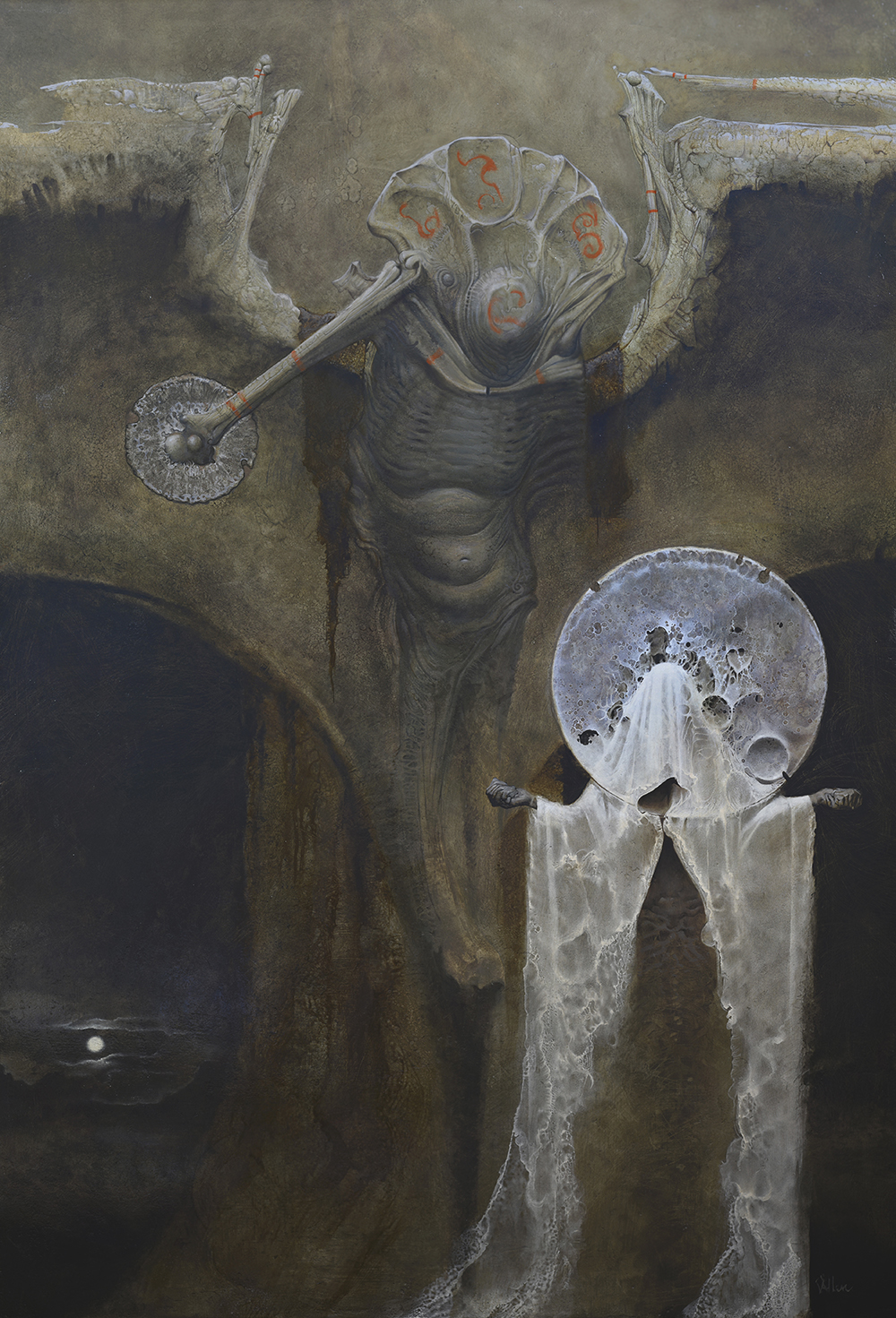
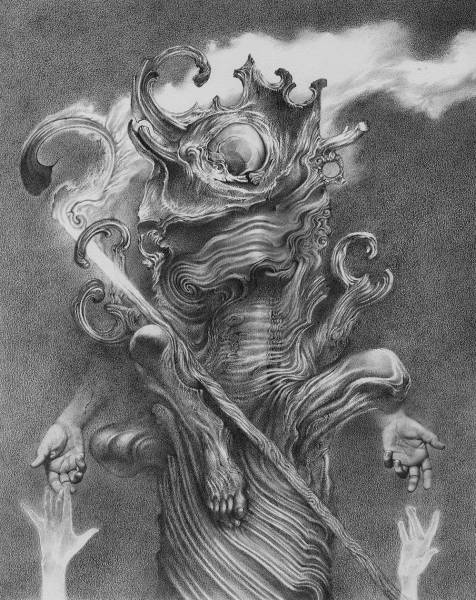
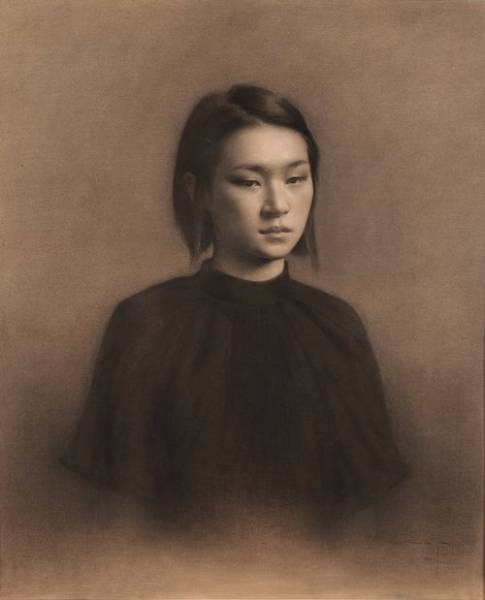
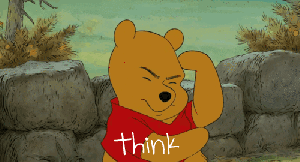
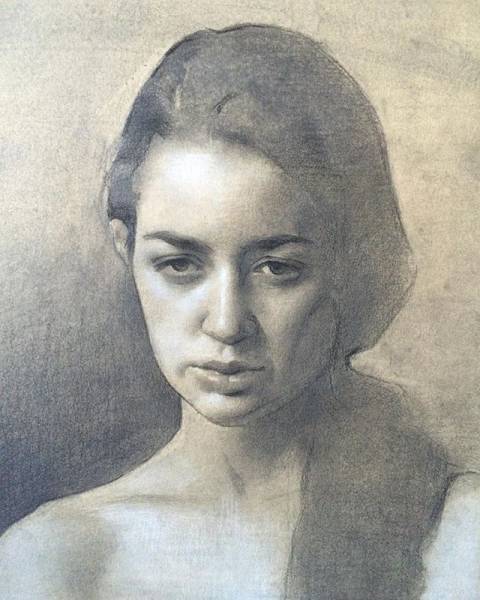

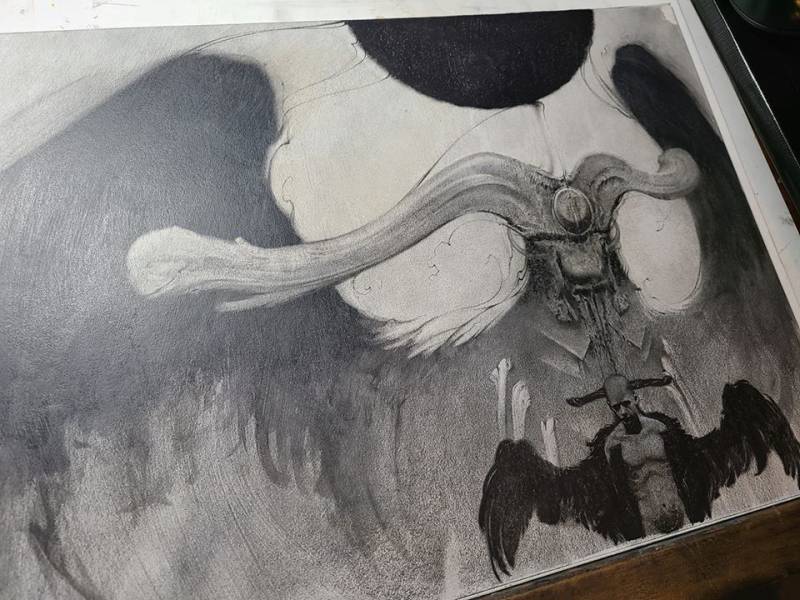
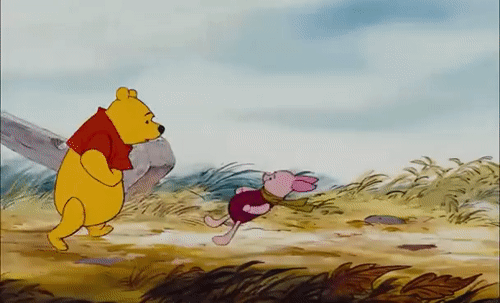
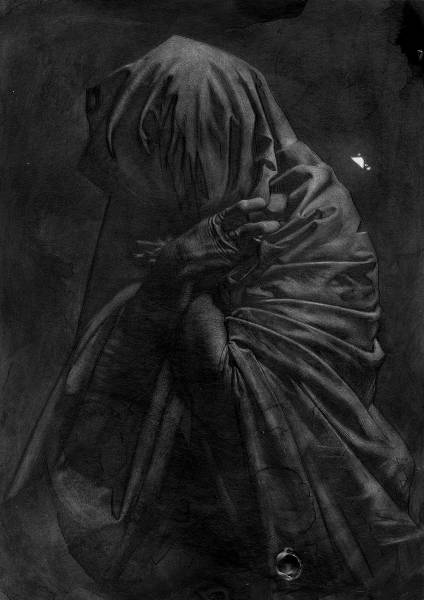
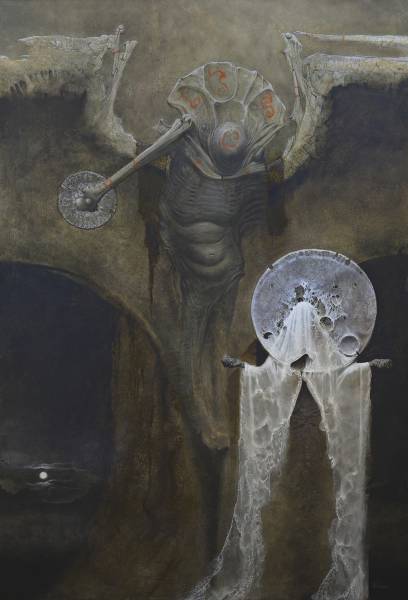
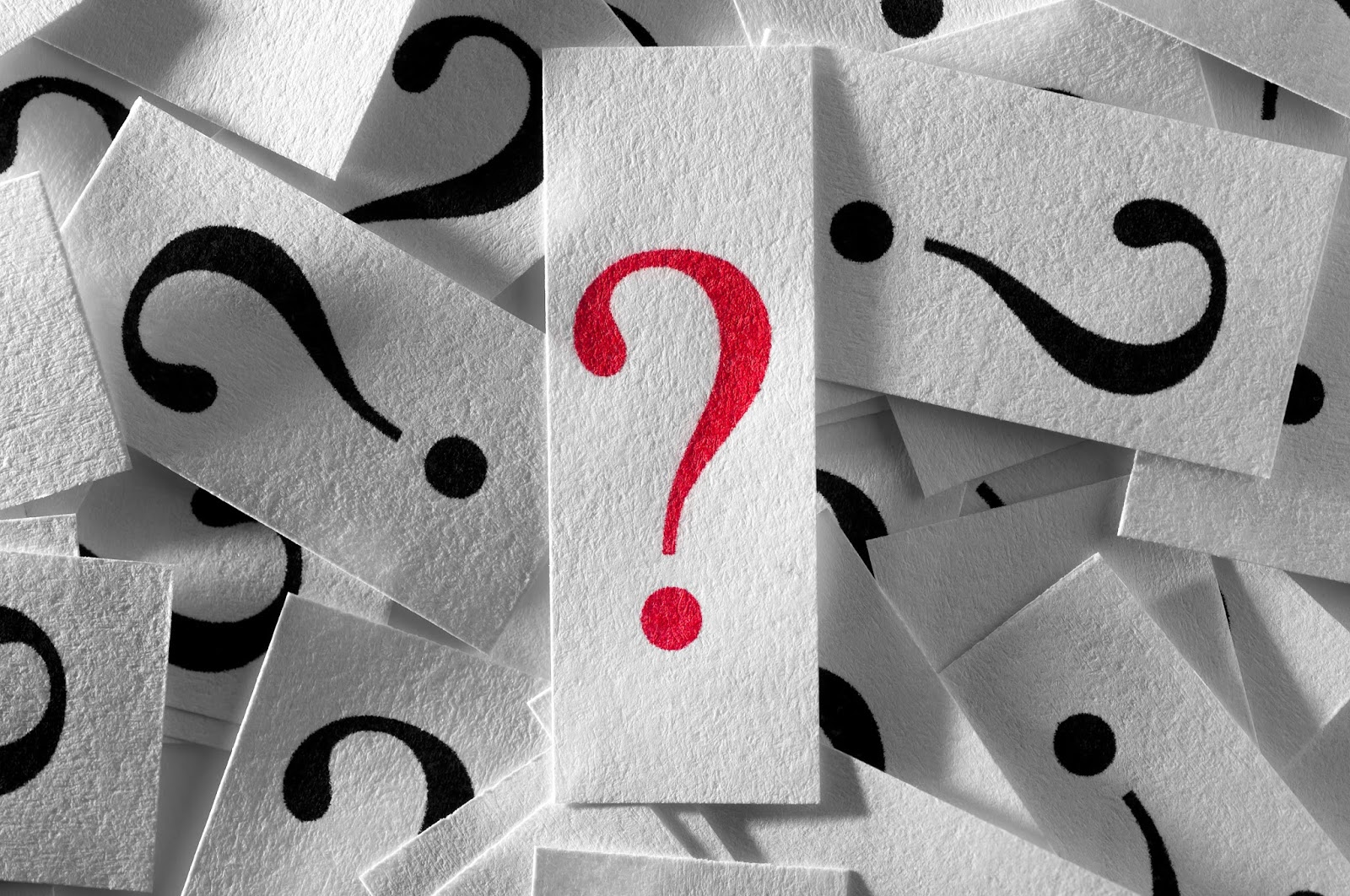
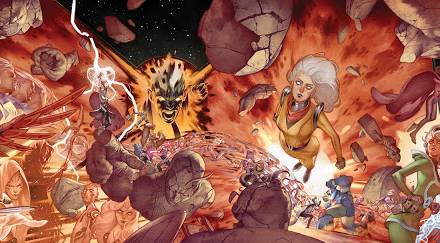
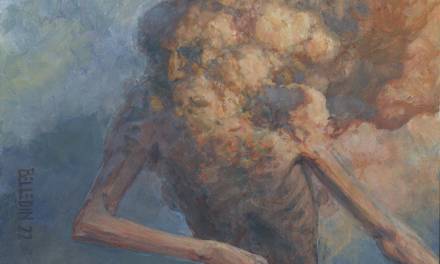
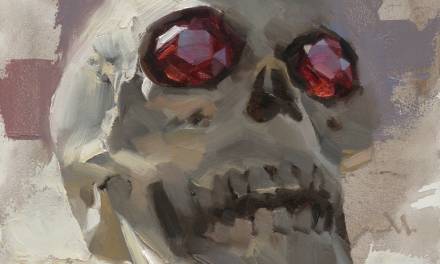
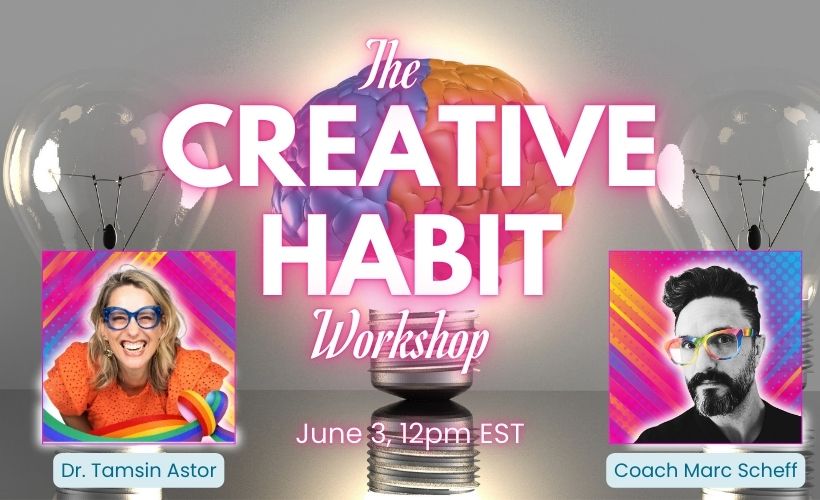
Interesting! Flipping the thought and creation process around while using graphite must indeed feel alien to anyone new to it. Will give it a try some time. Also have some water-soluble graphite pencils, which I’ve not tried yet. Soon!